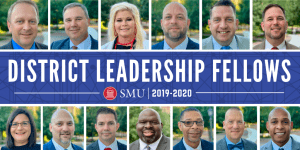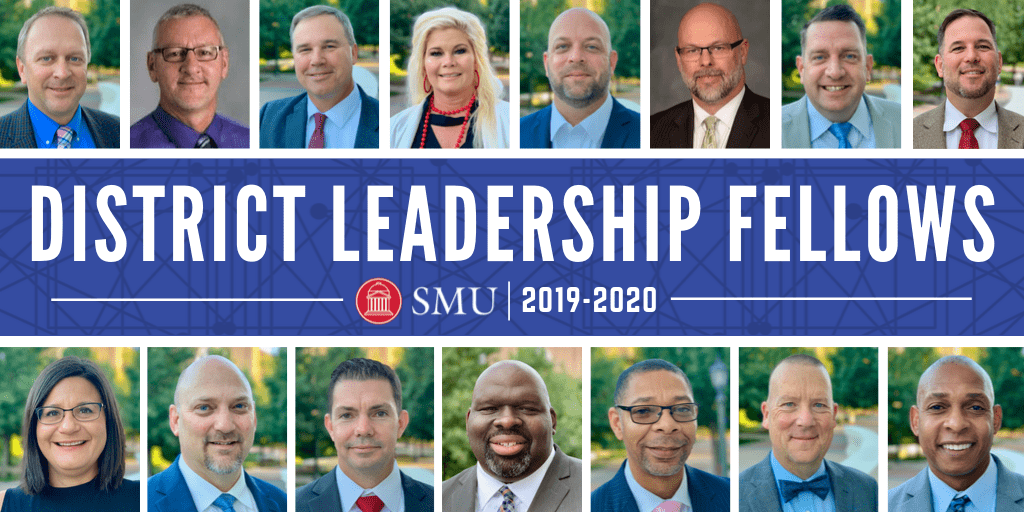The 2019-2020 cohort of the District Leadership Fellows wrapped up the year with an online meeting. The superintendents have been reflecting on the past year as they lead their districts through challenging times.
Category: Leadership Training
The 2020-2021 cohort of the District Leadership Fellows is now accepting applications. Given concerns for health and safety, the program is moving online for the coming year.
Dr. Eric G. Bing talks about the implications of coronavirus for rural Texas leaders.
In times of crisis, strong and focused leadership is required.
COVID-19 is presenting each of us with new and unexpected challenges. School superintendents are making the difficult decisions necessary to protect their students, staff, and communities while continuing their primary mission of educating students. The District Leadership Fellows program is supporting the cohort as we move forward together.
As part of our Community and Global Reach initiatives, the Institute for Leadership Impact has developed a series of e-learning courses.
As they reached the halfway point of their year-long fellowship this month, SMU’s 2019-2020 cohort of District Leadership Fellows came together to discuss their personal and district progress.
District Leadership Fellows practiced stressful leadership situations and active listening techniques using the Mursion simulation environment in the Simmons School of Education & Human Development at SMU.
The District Leadership Fellows met at SMU for their second session on October 23rd. Superintendents built upon the framework they learned at the Kick Off, updated their Impact Models and added Active Listening to their skill set.
As SMU students settled in for their first round of exams, a new cohort of the Institute for Leadership Impact’s flagship program kicked off at the Simmons School of Education and Human Development. With the construction of SMU’s new Ford Hall for Research & Innovation as a backdrop, thirteen District Leadership Fellows from all over the northeast Texas region reflected on the most effective ways to approach their unique leadership roles.
“We have been dedicated to career and college access work at SMU since 1966. We actually have some of the oldest running college access programs in the country, so we’re really part of a legacy.” – Dr. David Deggs

